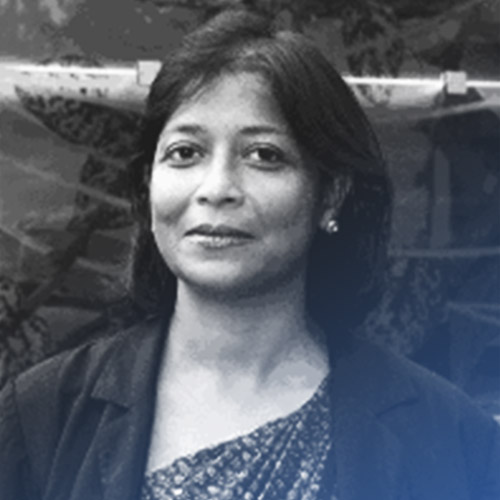Joyeeta Gupta is co-chair of UN Environment’s Global Environmental Outlook (2016-2019). She is professor of environment and development in the global south at the Amsterdam Institute for Social Science Research of the University of Amsterdam and (UNESCO) IHE Institute for Water Education in Delft. She leads the programme group on Governance and Inclusive Development. She is editor-in-chief of International Environmental Agreements: Politics, Law and Economics and is on the editorial board of Environmental Science and Policy, Current Opinion in Environmental Sustainability, Carbon and Law Review, International Journal on Sustainable Development, Catalan Environmental Law Journal, Review of European Community and International Environmental Law and the new International Journal of Water Governance. She was lead author in the Intergovernmental Panel on Climate Change which won the 2007 Nobel Peace Prize with Al Gore and of the Millennium Ecosystem Assessment which won the Zaved Second Prize. She is on the scientific steering committees of international programmes including the Steering Committee of the Global Agricultural Research Partnership (CGIAR) research programme on Forests, Trees and Agroforestry; and Future Earth’s Earth System Governance. At European level, she is a member of Science Europe’s Scientific Committee for the Sciences and of the Joint Programming Initiative – Climate Transdisciplinary Advisory Board in Brussels. She is also on the Supervisory Board Oxfam Novib and the Royal Tropical Institute in Amsterdam. She is Vice-President of the Commission on Development Cooperation and member of the Advisory Council on International Affairs, a statutory body that advises the Netherlands’ Government. She has published extensively.
Joyeeta Gupta
Joyeeta Gupta
Keynote on "Sharing our Water: Water Security, Climate Change, the Sustainable Development Goals and the Science-Policy Interface"
This presentation addresses the question: How can the science-policy interface in relation to water governance be improved? It discusses three substantive issues: (a) the challenge in framing water issues in terms of water security; (b) the relationship between water and climate change governance, including a special focus on groundwater; and (c) the relationship between water and sustainable development goals and their governance? It discusses two procedural issues: (a) the role of water scholars in proactively engaging in water governance? And (b) the way in which water scholars can try to anticipate key governance issues and help address them.
